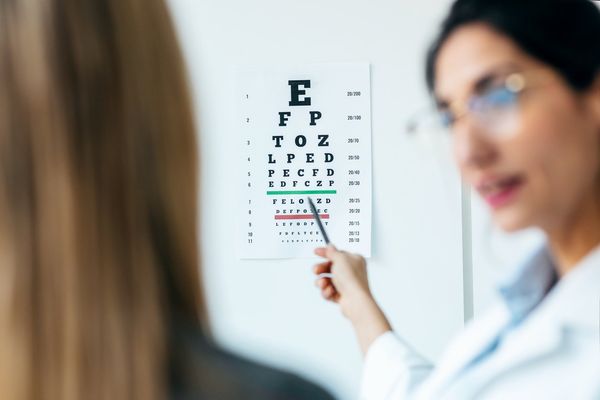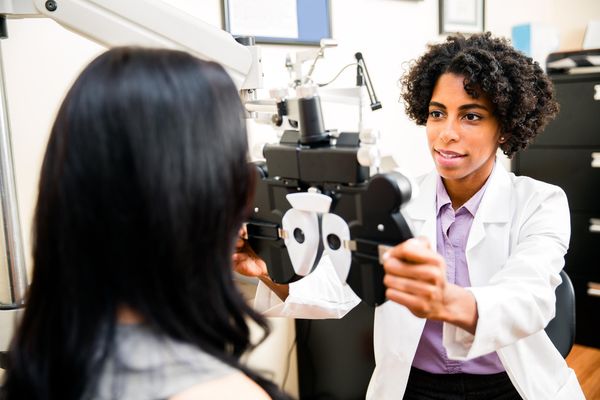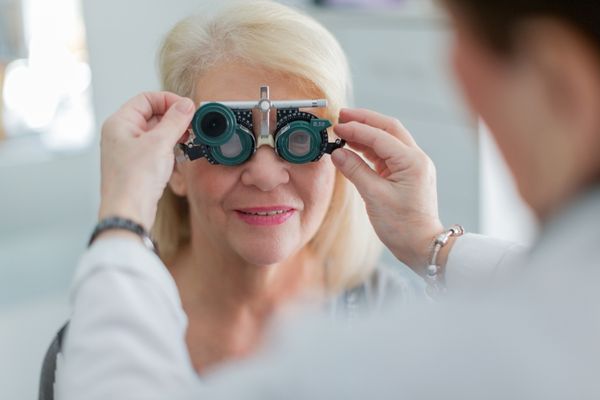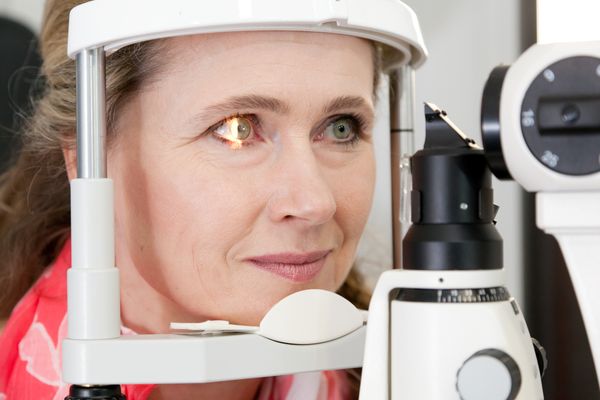Did you know amoeba can set up home in your eyes?
There are many benefits of wearing contacts—among them, seeing better, improving your appearance, and being able to participate in sports and activities without the bother of wearing glasses. But there are also some risks.
Though extremely safe, contact lenses can lead to problems. And although most of us think we're wearing and caring for our lenses correctly, the Centers for Disease Control and Prevention estimates that between 40 percent and 90 percent of contact lens wearers do not follow the care instructions for their lenses.
There are more than 30 million Americans who wear contact lenses—over two-thirds of them female—so it's time to set the record straight.
Avoid the water. Tap water, well water, hot tubs, pools, rivers, oceans, lakes and soil and sewage systems contain naturally occurring amoeba. These tiny, one-celled animals can infect your eyes, resulting in a condition called Acanthamoeba keratitis. It's treatable, but if ignored, it can lead to permanent vision loss. That's why you should avoid wearing your contact lenses when you shower or bathe and when you swim. If you must wear them while swimming, make sure to wear airtight goggles over them. And never clean your lenses with tap water or saliva, neither of which is sterile.
Always rub, even if you're using a "no-rub" solution. When researchers studied cleaning contacts with and without rubbing, they found that rubbing was necessary to remove deposits on soft lenses, even if you rinse your lenses for a longer time. Never reuse or "top off" your solution. Instead, put fresh solution in your lens case every single day.
Don't sleep in your lenses. Contact lens wearers are more prone to infections due to an environment of dryness and less oxygen reaching the eye. And when you sleep, because your eyes are closed, that sets up the perfect environment for infection, making your eyes more vulnerable to bacteria, pathogens and irritation. Even though some lenses are designated as extended wear (the material is thinner and more "breathable"), some people have trouble tolerating them for overnight use.
Always wash your hands before putting in or taking out your lenses. It's all too easy to transfer germs and bacteria from our hands to our eyes. Avoid heavy, oily soaps and make sure to dry your hands well with a lint-free towel.
Don't forget to clean—and replace—your storage case. To care for your case, always rinse with fresh solution (not water) and let the empty case air-dry. A good rule of thumb is to replace it every three months. Use it too long and you risk a build-up of dangerous pathogens, which can invade the eye.
Pay attention to how your eyes feel. If the lens hurts, there may be dust or dirt underneath. Rinse with rewetting drops or a non-peroxide solution.
Know the symptoms of an eye infection. Seek help if: your eyes are irritated or red; you experience worsening pain in or around them even after you've removed your lenses; your eyes are sensitive to light; your vision suddenly becomes blurry; or your eyes are watery or have a discharge.







